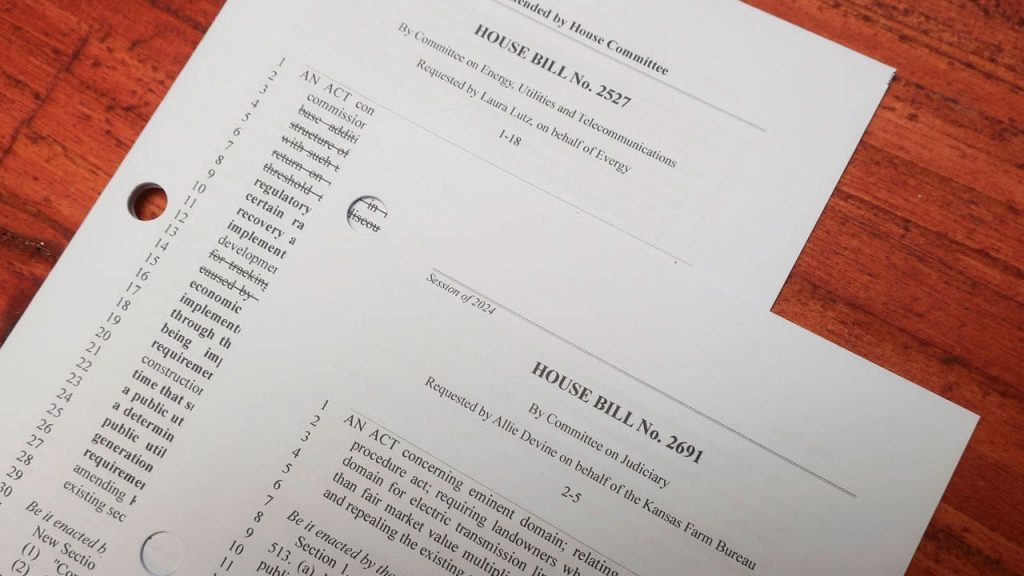The source of bills in the Kansas Legislature has historically been difficult to track, with committees sponsoring most proposals. However, the Kansas House has implemented a new practice to make it easier for residents to see who is behind each bill. Each bill now lists the individual or group that requested it, whether it be a lawmaker at someone else’s request or an individual lobbyist for a specific client. This change began in January and is aimed at increasing transparency and rebuilding public trust in the legislative process.
This new transparency measure is uncommon among state legislatures, with no other known state legislative chamber listing lobbyists and groups on bills. The change has been well received by government transparency groups and residents of Kansas, who see it as a step in the right direction. However, some lobbyists and lawmakers are less enthusiastic about the change, with concerns about consistency and the perception of legislation becoming transactional. The Senate is not required to follow the House’s new practice, but Senate leadership is open to considering similar measures.
Other states, such as Colorado, Delaware, Maine, Massachusetts, New York, Ohio, and Utah, have disclosure rules requiring lobbyists to provide information about specific measures their clients are watching. While Kansas requires lobbyists to file reports on their spending six times a year, they do not have to list individual measures. Some lawmakers are in favor of even more transparency, such as requiring elected officials to wear badges displaying their top campaign contributors during public legislative meetings.
The Kansas House changed its rules to require more information on bills in 2021, with broad bipartisan support. The change was adopted without discussion and is seen as a meaningful step toward improving government transparency. Lawmakers recognize that the public may have more questions about bills when their name is attached to it, especially when an interest group is also listed. This increased transparency is expected to lead to a more informed decision-making process for legislators.
The practice of having committees sponsor bills instead of individual lawmakers has been a growing trend in Kansas, with only about 15% of bills sponsored by individual lawmakers this year. Critics have raised concerns about the lack of transparency in the legislative process, but lawmakers may have shifted to committee sponsorships to streamline the process and ensure credibility. Listing the group or lobbyist who requested a bill may serve a similar purpose, allowing lawmakers to make decisions without reading the full text of a bill. However, there is also concern that this practice could make legislation appear transactional in nature.


